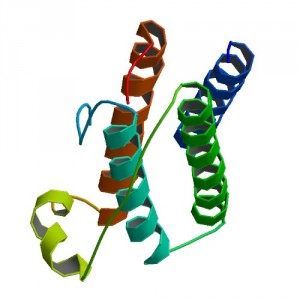
The obesity epidemic gripping our nation is expanding at an alarming rate. Over a third of the population under 18 is currently overweight or obese, and over the past 30 years obesity has more than quadrupled in adolescents. Because of its association with bone and joint problems, increased risk of heart disease, and prediabetes, obesity has garnered attention as a wide reaching public health issue.
In a recent study, Yale researchers led by Professor of Psychiatry and Neurobiology Rajita Sinha explored the relationship between the hormone leptin and obesity in the hope that leptin may in the future be used as an obesity treatment.
Leptin, the “satiety hormone” studied by the Yale team, is produced in the adipose tissue where it regulates energy homeostasis and metabolism. Obese patients have previously shown resistance to leptin, wherein their adipose tissue shows increased expression of the hormone, but these increased levels do not reduce body fat. Therefore, Sinha and her colleagues aimed to investigate whether these leptin levels are also correlated with changes in brain activity.
Their findings, published in Diabetes Care, reinforce the leptin-obesity connection. Using two subject groups, the researchers examined how obese and lean subjects responded when presented with high calorie foods, low calorie foods, and non-food items. Comparison of fMRI scans shows that obese participants had stronger neural responses to both high and low calorie foods versus non-food items as compared with lean participants. Baseline leptin expression was also increased in all regions where increased activity was seen on the fMRI, suggesting that there may be a connection between leptin and neural motivation-reward pathways that cause overeating. Increased leptin levels were therefore shown to be associated with the increased food-induced brain activity seen in obese adolescents.
The correlation between increased leptin levels and brain hyperactivity suggests that abnormalities in the body’s response to leptin may be responsible for overconsumption leading to obesity and its related illnesses. The alteration of leptin processing thus has promise as a future target for drug therapy. In facing the growing obesity epidemic, such innovative treatments are necessary to make progress against this ubiquitous disease.
